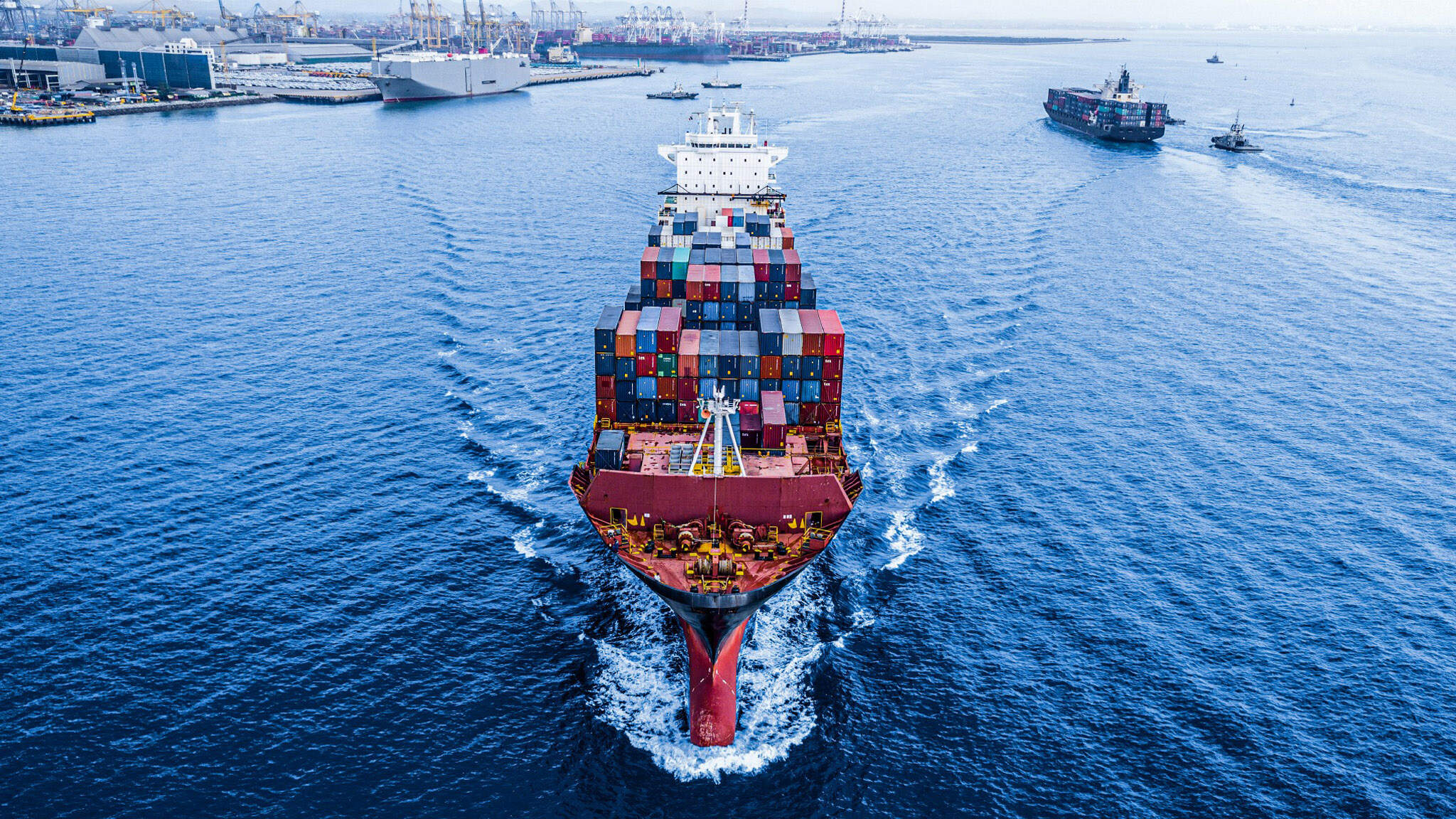Impact of Red Sea Situation on Market Dynamics
The situation in the Red Sea is not improving in terms of vessel security. The Houthi rebels are expanding their targets in the Red Sea and Gulf of Aden forcing ocean carriers to further adapt and change their network to keep crews and ships save. This situation has led to a wide range of service changes and increased transit times primary on the trades Europe to and from Asia / India-Pakistan-Bangladesh-Ceylon (IPBC) as well as the Middle East.

The resulting diversion of container ships around Africa leads to a 14-18 days longer transit time and continues to inflate demand for shipping capacity. In recent months port congestion has been gradually worsening, due to ripples from new transhipment patterns, vessels arriving off schedule and bad weather conditions. As we saw clearly during the pandemic: Port congestion leads to a de-facto reduction of available vessel capacity and therefore to an increase in blank sailings.
Post Chinese New Year in February, many vessels on the India trade were pulled into the westbound routes to accommodate the longer transit times via the Cape of Good Hope. This has resulted in a shortage of vessel space, more blank sailings and delays in loading containers out of China. Bad weather has also been resulting in berthing delays at Chinese ports. Incoming vessels witnessed a delay of at least 5-7days. This leads to further service disruptions, the services are either cancelled or ports are omitted due to the longer turnaround time. The capacities are under extreme pressure and delays of one week or longer occur, for example to Vietnam, Thailand, and India.
The common transshipment ports of Busan, Shekou, Port Klang, Tanjung Pelepas and Singapore continue to be heavily congested with 2-3 weeks backlog. Colombo, a transshipment port for eastbound and westbound vessels carrying cargo to South India, is also under severe pressure due to ongoing terminal repairs and closures. The recent power shortage has led to operational disruptions at the terminals in Ennore and Kattupalli in South India.
Strong demand in the Asian export market was driven by restocking after the pandemic two years ago, which simulated the flow of raw materials from China to Southeast Asia and India. In the face of increased demand, port productivity has been impacted and ocean carriers have taken short-term measures like reduced port calls, last-minute cut-and-run, and capacity reduction at certain ports to maintain service reliability, but this has also led to delays of services and backlogs.
We strongly recommend to factor in at least 3-4 weeks additional lead time to counter these severe market conditions by including a detailed forecast management. Bookings should be placed as early as possible, ideally 3-4 weeks in advance.
Our team at DACHSER is working hard to minimize impacts on your shipments and on offering alternative solutions wherever possible.
Please do not hesitate to contact your local DACHSER representative for any inquiries.